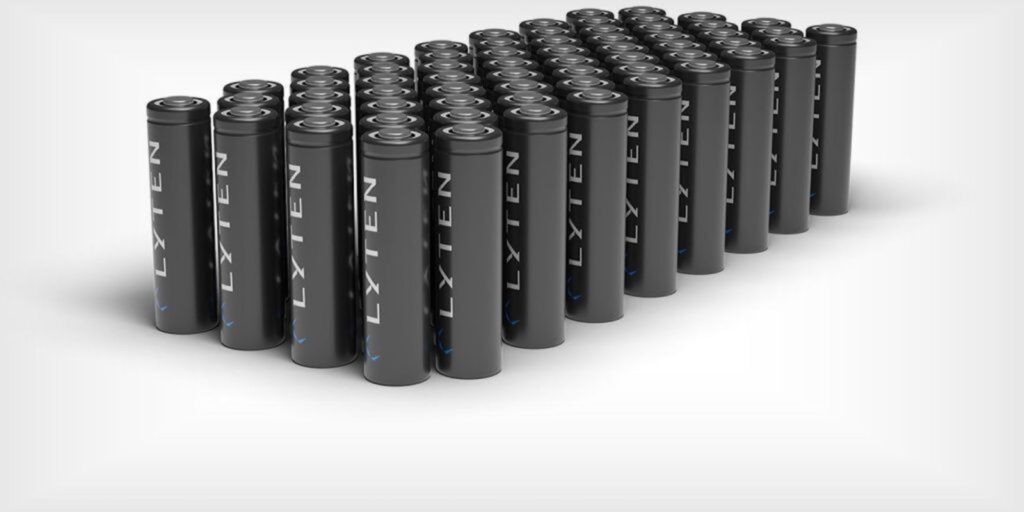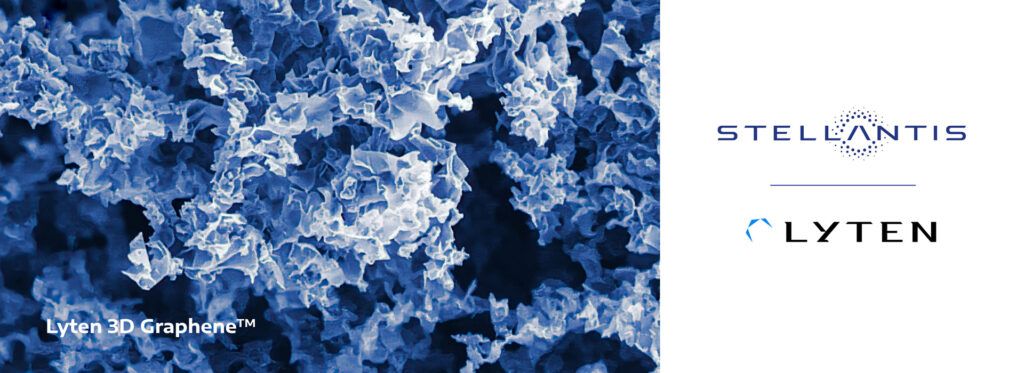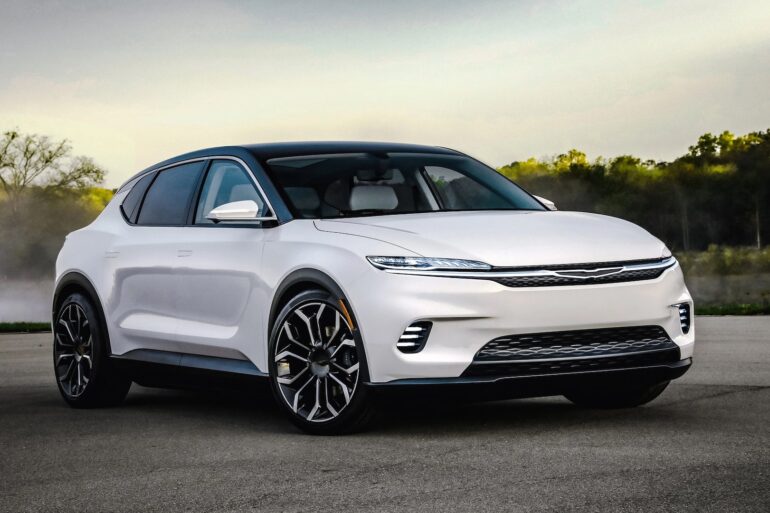Stellantis N.V. and Lyten, Inc. have joined forces to accelerate the commercialization of Lyten’s revolutionary 3D Graphene™ applications for the mobility industry.
Lyten, known for its pioneering work in three-dimensional (3D) Graphene, aims to harness the material’s unique tunability to enhance vehicle performance and customer experience while contributing to the decarbonisation of the transportation sector.
What sets Lyten apart is its Lithium-Sulfur batteries, which stand out from traditional lithium-ion batteries by eliminating the use of nickel, cobalt, and manganese.
As a result, these batteries have an estimated 60% lower carbon footprint compared to the best-in-class batteries currently available. In fact, Lyten’s Lithium-Sulfur batteries have the potential to become the lowest-emissions EV battery in the global market.

Stellantis established Stellantis Ventures in 2022 as a venture capital fund dedicated to investing in startups developing innovative and sustainable technologies within the automotive and mobility sectors.
With an initial funding of €300 million, Stellantis Ventures plays a pivotal role in the company’s Dare Forward 2030 strategic plan. This plan outlines core targets for Stellantis, including a 50% reduction in CO2 emissions by 2030, benchmarked against 2021 metrics, and achieving carbon net zero by 2038 with single-digit percentage compensation for the remaining emissions.

Dan Cook, president and CEO of Lyten, expressed his delight at Stellantis Ventures’ investment, emphasising the belief in Lyten’s 3D Graphene™ decarbonizing supermaterials. The transformative potential of Lyten 3D Graphene™ extends to various automotive product innovations, including Lithium-Sulfur batteries capable of delivering over twice the energy density of lithium-ion batteries.
Additionally, Lyten’s technology enables the development of lightweight vehicle composites that enhance payload capacity and novel sensing modes that eliminate the need for chips, batteries, or wires. Lyten is committed to advancing these applications for Stellantis and the automotive market.
Currently, Lyten produces its Lithium-Sulfur batteries, composites, and sensor technologies at its 145,000-square-foot campus in Silicon Valley.
Apart from EV batteries, Lyten is working with previous customers to deliver Lithium-Sulfur batteries and 3D Graphene-infused composites to speciality markets starting in 2023.
Catch what Toyota is doing with their solar power technology here!






